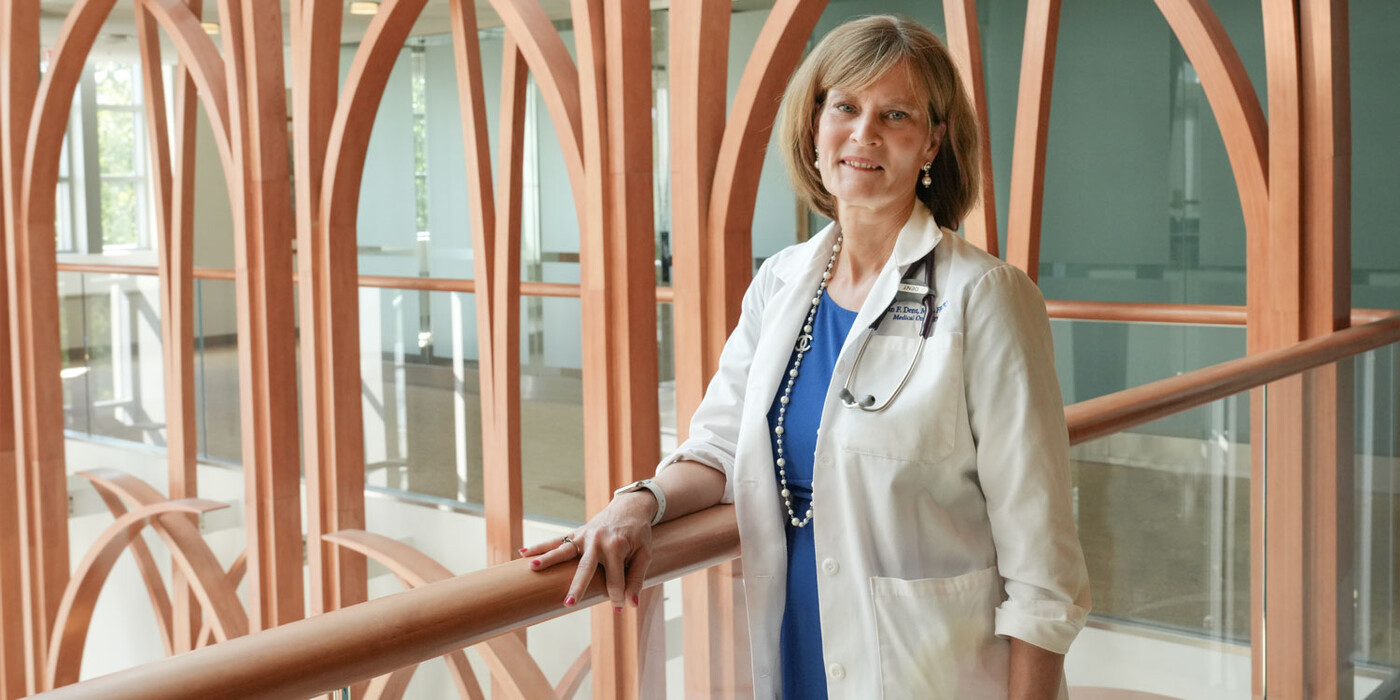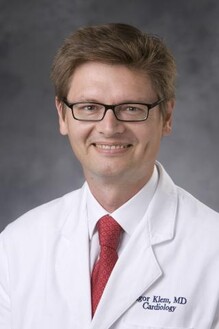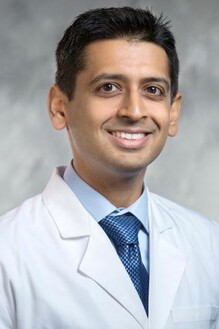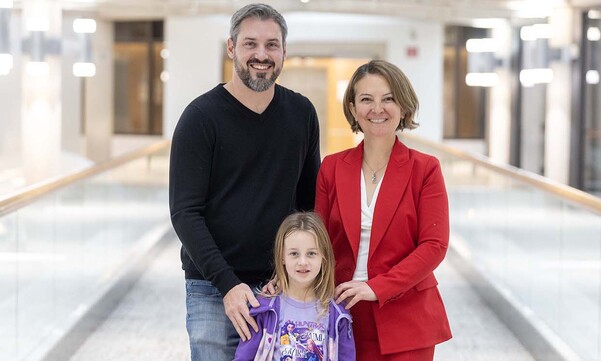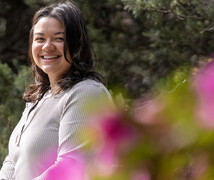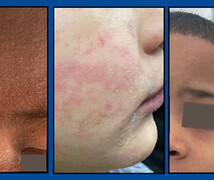Cancer treatments shrink and kill cancer cells; however, they can also damage your heart. That is concerning if you are at risk for or have a heart condition when you are diagnosed with cancer. It also means you may develop heart disease after your cancer treatment ends. Cardio-oncologists are highly specialized doctors who help you manage both conditions. They ensure you experience the best quality of life as a cancer survivor.
Susan Dent, MD, a cardio-oncologist at the Duke Cancer Institute, specializes in treating people with cancer and heart disease. Here she explains the link between the two, what cardio-oncologists do, and when they should be part of your cancer care.
Risk Factors for Heart Disease and Cancer
In general, the same factors that increase your risk for heart disease -- high cholesterol, hypertension, diabetes, being overweight, smoking, and inactivity -- also increase your risk for cancer, explained Dr. Dent. For this reason, many people diagnosed with cancer are also at risk for or have some form of heart disease. “We’re finding more evidence that the two are intertwined,” she said.
Cancer treatment can exacerbate existing diseases or contribute to the development of heart disease, hypertension, and diabetes. “We can’t treat them separately because one affects the other,” she said. The goal is to successfully treat your cancer without causing damage to your heart. That’s especially important because recent data show that some people are at higher risk of dying of cardiovascular disease than dying of cancer. “We don’t want to cure cancer and then have someone die of heart failure because we neglected what we’ve done to their heart,” Dr. Dent said.
“We want to ensure survivorship in general, not just cancer survivorship."

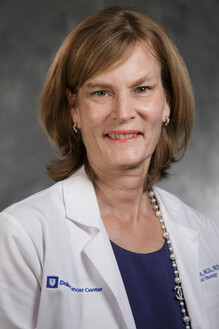
What Does a Cardio-Oncologist Do?
A cardio-oncologist is a medical oncologist or a cardiologist with additional training in treating cancer patients with heart disease. They don’t just treat cancer of the heart, which is extremely rare. Rather, they treat a more common concern: heart disease in people during all phases of their cancer journey.
Before Cancer Treatment
If you have pre-existing heart disease or are at high risk for heart disease and are newly diagnosed with cancer, you may be referred to a cardio-oncologist before starting your cancer treatment. “Patients with cancer come to see us with poorly controlled hypertension, or they’re overweight or don’t exercise. Then they get cancer,” Dr. Dent said. "It becomes a challenge to manage all those conditions and get them through their therapy."
During Cancer Treatment
You may benefit from seeing a cardio-oncologist If you are receiving cancer treatment that appears to be causing damage to your cardiovascular system including your heart. The medical term is “cardiovascular toxicity,” Dr. Dent said. Cancer treatments can cause hypertension, arrhythmias, heart failure, or weaken the heart’s ability to pump blood. These conditions can occur during or after your cancer treatment.
“If you develop a cardiac problem or run into problems during cancer therapy, your oncologist may not want to continue treatment,” Dr. Dent said. “We work together as a multidisciplinary team to ensure patients can continue life-saving or -sustaining cancer therapy while maintaining their cardiovascular health.”
After Cancer Treatment
Cardio-oncologists see cancer survivors, particularly those with cardiovascular disease or cardiovascular risk factors after they’ve completed their cancer treatment to ensure the optimization of their cardiovascular health. Heart disease related to cancer therapy can occur years after therapy is completed. “We want to ensure survivorship in general, not just cancer survivorship,” she said.
Cardio-Oncologists Don’t Replace Your Doctors
Cardio-oncologists complement your cancer care. They may be called in for review and to recommend appropriate treatments so your team can continue to successfully manage your conditions. “If you already have a cardiologist or oncologist, you’ll continue seeing them,” Dr. Dent said.
Cardio-Oncologists Offer Consultations and Second Opinions
Dr. Dent says most people come to see her when their heart disease is impacting decisions about their cancer treatment. In some cases, they want to prevent heart concerns from developing after cancer treatment.
If you’re concerned about your heart health, ask your oncologist or primary care provider for a referral to a Duke cardio-oncologist.
When You Receive Your Cancer Care Elsewhere
Because cardio-oncologists are typically only found at large academic medical centers that specialize in cancer treatment, people receiving cancer treatment at nearby or out-of-state hospitals travel to Duke to see Dr. Dent and her cardio-oncology colleagues. An initial visit includes a comprehensive consultation. Specialized cardiac testing may be requested. The cardio-oncologists will provide recommendations to your local doctors to help manage your cancer and heart disease. Follow-up visits take place as needed; some can be done as video visits, depending on where you live.
Protect Your Heart Before, During, and After Cancer Treatment
As president of the International Cardio-Oncology Society, Dr. Dent was involved in the creation of guidelines to help you understand the relationship between heart disease and cancer. Review the guidelines to learn how to protect your heart before, during, and after cancer treatment.

